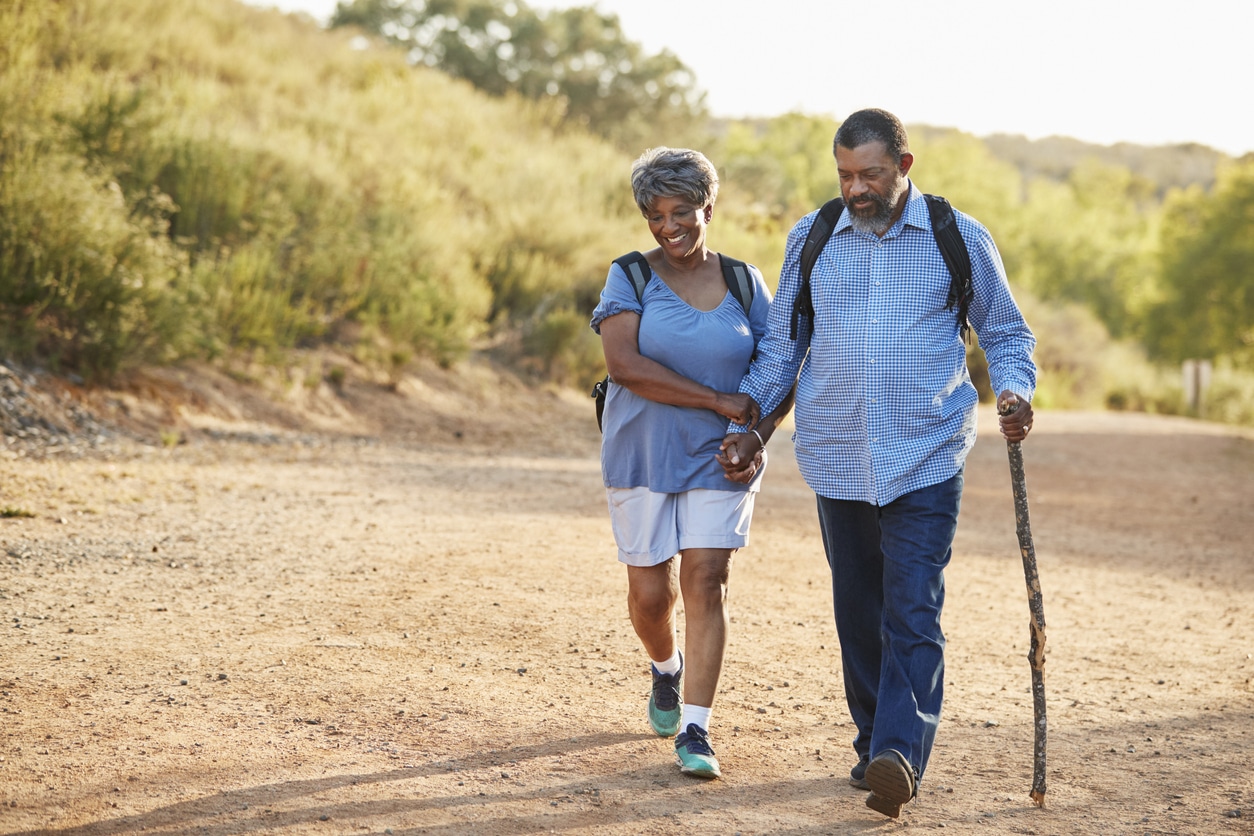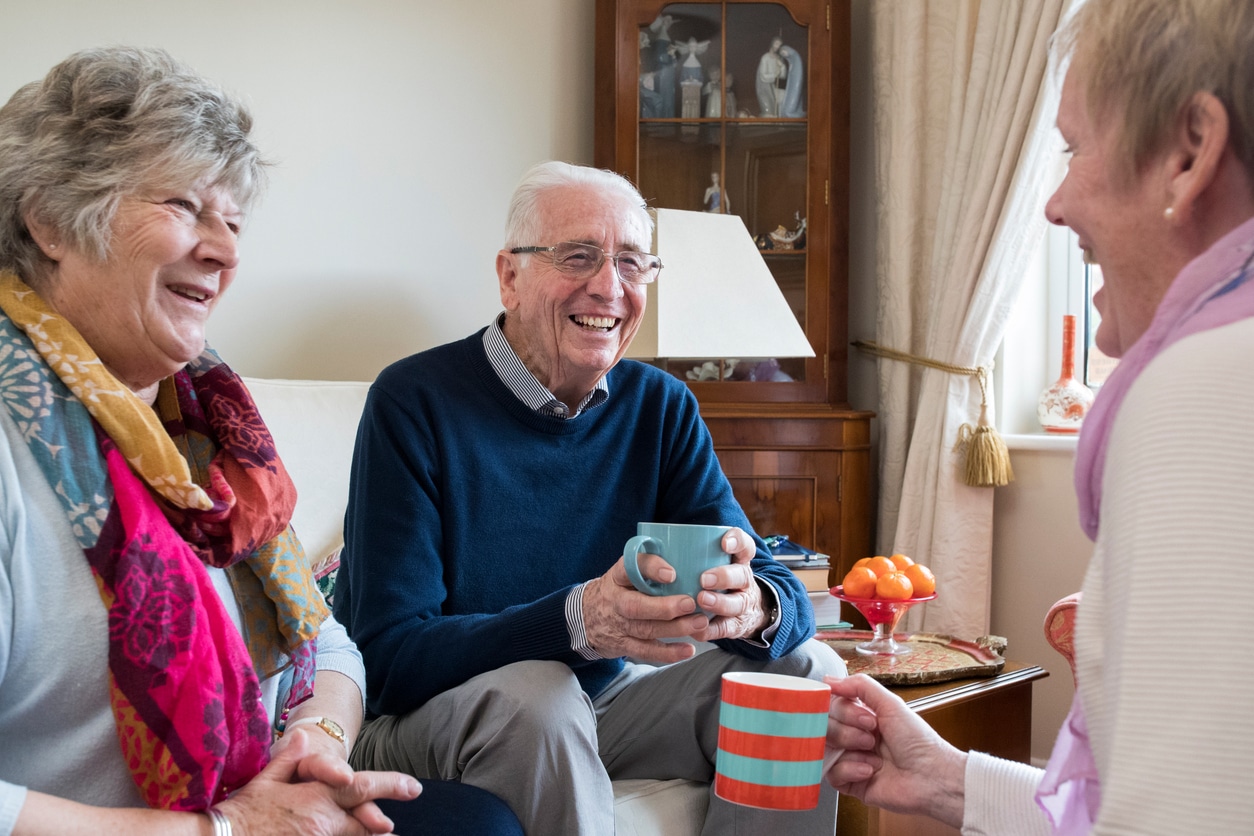One of the most critical concerns for our elderly population is the risk of slips and falls, which can lead to serious injuries due to brittle bones and weakened muscles. An effective approach to mitigating this risk involves selecting appropriate footwear that provides stability and support.
As we age, our need for supportive shoes becomes more apparent. Our arches may lose their strength, our feet might experience swelling, and our balance could become less steady. Even seemingly minor falls can result in significant harm.
Top Considerations for Senior Footwear
The pursuit of footwear that prioritizes stability and security doesn’t mean sacrificing style. It’s advisable to maintain a collection of shoes suitable for various activities.
Sole Structure
A shoe’s sole should strike a balance between flexibility and firmness. While the sole should have a degree of flexibility to accommodate natural foot movement while walking, it must also possess a reliable tread that offers slip resistance, particularly on wet surfaces.
It’s essential that the sole provides adequate support. Although lightweight shoes like running shoes can be a good choice, they shouldn’t be overly lightweight. Striking the right balance ensures that the shoes aren’t cumbersome or difficult to walk in.
Proper Fit
Feet can undergo changes over the years, causing shoes that once fit perfectly to become ill-fitting. Proper fit is paramount. When trying on shoes, opt for the socks you typically wear to ensure an accurate assessment of fit.
Oversized shoes can lead to instability as feet slide within them, increasing the risk of falls. Conversely, shoes that are too tight can result in discomfort, pain, and even blisters. During the shoe-buying process, it’s crucial to check the fit of both shoes, as sizing inconsistencies might exist.
Flat Soles
Avoid shoes with heels, even if they’re small. Heels can disrupt balance and catch on uneven surfaces, stairs, or objects, potentially causing trips or falls.
Fortunately, there are dress shoes and winter boots available without heels. Some footwear designs feature a low-profile heel that doesn’t add height, making them suitable for various surfaces, including snowy or icy conditions.
Enclosed Heels and Toes
Footwear with open toes or heels tends to lose its shape and durability over time. Such shoes might not provide the necessary support for walking. While they might be suitable for indoor use, shoes meant for outdoor activities should cover the entire foot. Open-toed or open-heeled shoes can let in debris like rocks, glass, and dirt, leading to discomfort and potential hazards.
Orthopedic Options
Maintaining a diverse shoe collection is beneficial. A high-quality pair designed for walking and daily activities can even be custom-made to ensure a perfect fit and prolonged durability.
Insoles can significantly enhance the comfort and ease of walking in well-fitting shoes. Over-the-counter orthopedic insoles are available, and for seniors dealing with foot problems, orthopedic footwear can alleviate pain and enhance stability.
Preventing Falls
For seniors who might spend time alone, appropriate footwear can offer crucial support while walking. In addition, consider equipping them with a medical alert system for added safety in case of a fall when you’re not present. Such measures provide peace of mind for the entire family, knowing that safety is a priority.




